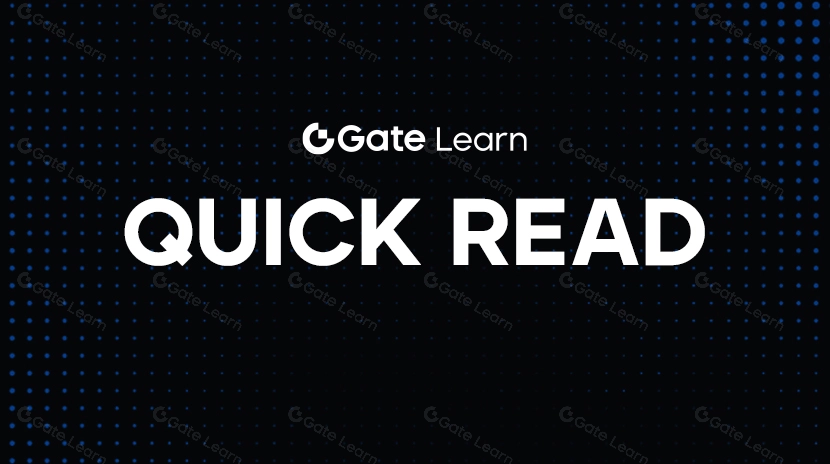AQA: Impulsando el Futuro de Web3 a Través de AQA DIGITAL CITY e Innovación de TOKEN
¿Qué es AQA? Una nueva visión digital

Fuente:https://x.com/AQA314/header_photo
AQA está diseñado para empoderar a individuos y empresas en todo el mundo mediante la integración de soluciones descentralizadas en la vida cotidiana. Aprovechando herramientas como sistemas de identidad digital, economías tokenizadas y aplicaciones blockchain (como DEX y NFT), AQA visualiza una transición sin problemas a un mundo impulsado por Web3.
Su desarrollo insignia, AQA DIGITAL CITY, es un ecosistema inteligente impulsado por tokens que ofrece servicios del mundo real: atención médica, educación, turismo, entretenimiento y negocios, mejorado a través de la innovación blockchain.
El papel del token AQA en el ecosistema
En el corazón del ecosistema de AQA se encuentra el Token AQA, un activo digital nativo de la cadena de bloques construido en la red Solana. Sus funciones principales incluyen:
- Transacciones transfronterizas e intercambio de valor
- Revitalización regional a través de economías locales impulsadas por tokens
- Utilidad en AQA DIGITAL CITY, impulsando servicios básicos como alojamiento, entretenimiento y servicios públicos
Ya sea utilizado para negociar en AQA DEX, comprar NFT o asegurar bienes raíces en el metaverso, el token es vital para habilitar interacciones rápidas, seguras y transparentes en la cadena de bloques.
Objetivos clave: Conectar las economías digital y física
El plan de AQA está impulsado por cuatro objetivos estratégicos:
Construyendo Conexiones: Conectando los sistemas financieros tradicionales y Web3 para su adopción masiva
Revitalización regional: Proyectos como el "Web3 Hub" de SETOUCHI muestran cómo AQA utiliza blockchain para impulsar el turismo y el desarrollo comunitario
Inclusividad para Todos: Reducción de barreras de entrada a Web3 para PYMES, emprendedores y usuarios cotidianos
Innovación Sostenible: Aprovechando la IA y la infraestructura descentralizada para crear una economía lista para el futuro
AQA no solo está construyendo herramientas digitales, sino que está sentando las bases para una transformación socioeconómica inclusiva y escalable.
Token AQA: Potenciando Transacciones y Propiedad
El Token AQA juega un papel central en AQA DIGITAL CITY. Facilita:
- Transacciones diarias para retail, energía y vivienda
- Acceso a servicios de salud, educación y movilidad
- Propiedad real y virtual a través de la tokenización de blockchain
Los usuarios pueden poseer tierras, NFT, membresías e inversiones del mundo real. Con inmutabilidad y descentralización, la propiedad es segura, transparente y empoderadora.
Evolución de la utilidad del Token: Desde Airdrop hasta Integración Económica Completa
Utilidad Actual:
- NFT y airdrops de Token para adoptantes tempranos y contribuyentes
Utilidad posterior a la cotización:
- Staking para ingresos pasivos y participación en el ecosistema
- Pagos en el mercado de NFT utilizando Tokens AQA
- Soporte para proyectos de AQA × X en juegos, entretenimiento e inmobiliaria
Utilidad a medio plazo:
- Creación de NFT para identidad, derechos de acceso y servicios exclusivos
- Infraestructura económica para el futuro desarrollo de la CIUDAD DE AQA
Aplicación del mundo real en sectores clave
Economía
Los Tokens AQA se utilizan en cadenas de suministro impulsadas por contratos inteligentes, comercio de propiedades y comercio local.
Entretenimiento
Los usuarios obtienen acceso a conciertos, experiencias virtuales y eventos del metaverso liderados por creadores.
Servicios de la Vida Diaria
Los tokens cubren alquiler, servicios públicos, tránsito y compras diarias, ofreciendo una alternativa basada en blockchain a los sistemas fiduciarios.
Educación
El ecosistema apoya el aprendizaje, la formación y la financiación de la I+D de Web3 a través de incentivos basados en tokens.
Atención médica
Pagos seguros, registros médicos basados en NFT y acceso a telemedicina, todos se ejecutan en el Token AQA.
Infraestructura SocialFi & DeFi: Foro AQA y DEX AQA
Foro AQA (SocialFi)
Un espacio impulsado por blockchain para compartir conocimientos, donde los usuarios ganan tokens AQA por contribuir ideas en un modelo de 'Foro-para-Ganar'.
AQA DEX
Un intercambio descentralizado seguro donde los usuarios pueden negociar SOL, AQA y tokens del ecosistema de manera eficiente. Admite transacciones NFT y garantiza liquidez para proyectos incubados.
Tokenómica: Transparente y Estratégica
- Suministro Total: 10,000,000,000

Fuente:https://aqa.gitbook.io/aqa-white-paper-ver.4
- Calendario de desbloqueo:
- Equipo e inversores: desbloqueo gradual durante 36 meses
- Ecosistema y Comunidad: desbloqueo lineal de 40 meses
- Distribución por fases inmediata y a corto plazo de Airdrop y Venta Pública

Fuente:https://aqa.gitbook.io/aqa-white-paper-ver.4
Conclusión: Por qué AQA importa
AQA no es solo otro proyecto de blockchain, es un movimiento de economía digital. Al integrar la tecnología descentralizada en los servicios del mundo real, AQA ofrece un modelo para un futuro más inclusivo, seguro y conectado. El Token AQA se encuentra en el centro de esta transformación, impulsando todo, desde el comercio entre pares hasta la innovación en el cuidado de la salud.
A medida que AQA DIGITAL CITY crece, también lo hace su potencial para redefinir cómo vivimos, trabajamos e interactuamos en la era global de Web3.
Artículos relacionados
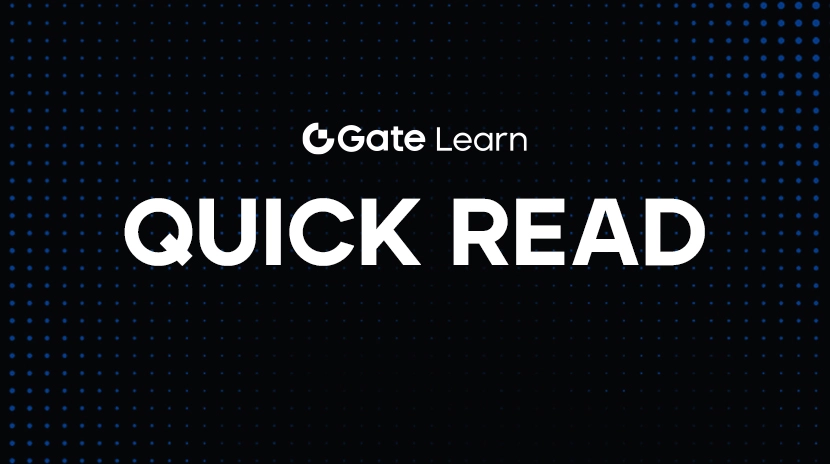
Valor de los Blox Fruits: Cómo evaluar y maximizar el valor comercial de los Blox Fruits
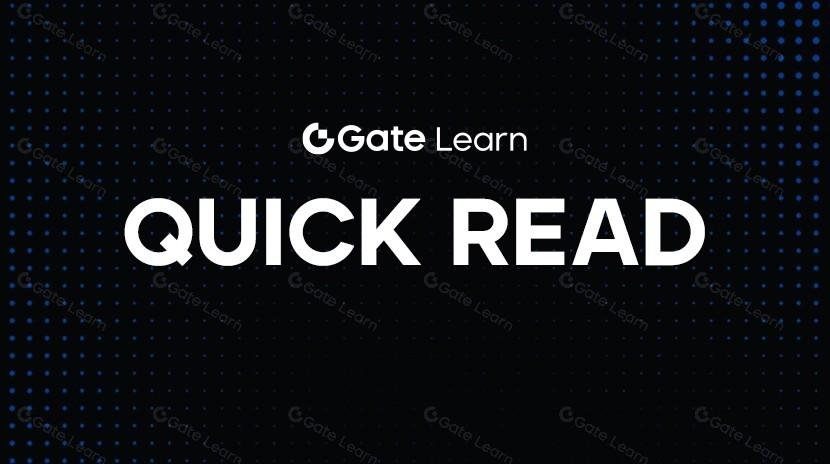
Valor de Cripto PI: Lanzamiento en Mainnet el 20 de febrero de 2025 & Predicciones de precios futuros
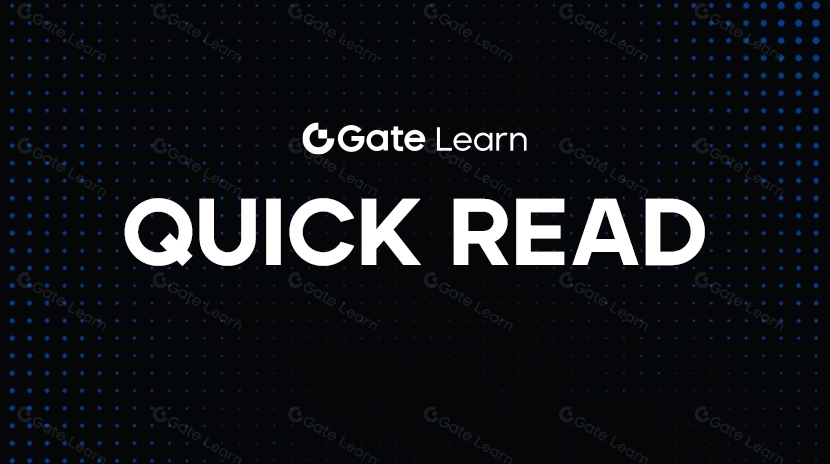
¿Es XRP una Buena Inversión? Una Guía Integral sobre su Potencial
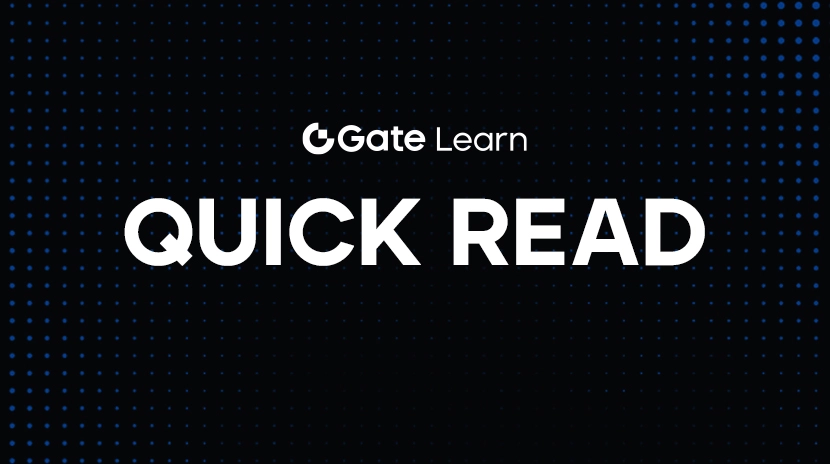
¿Cómo rastrear la transacción USDT BEP20?
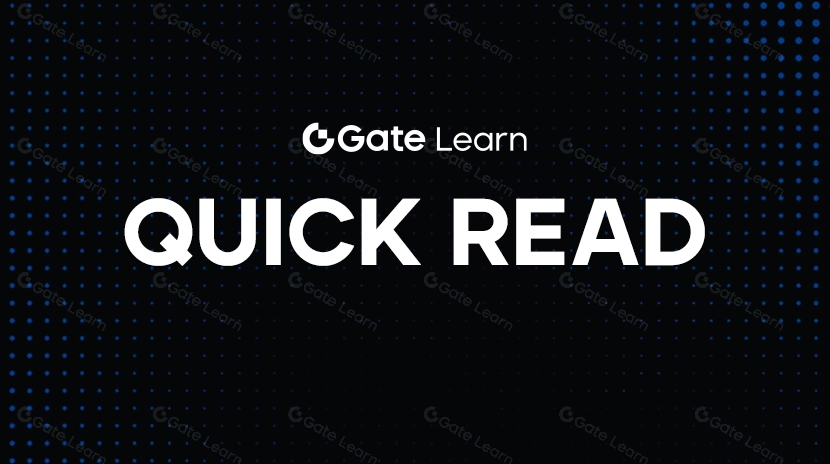
Cómo vender Pi Coin: una guía para principiantes
